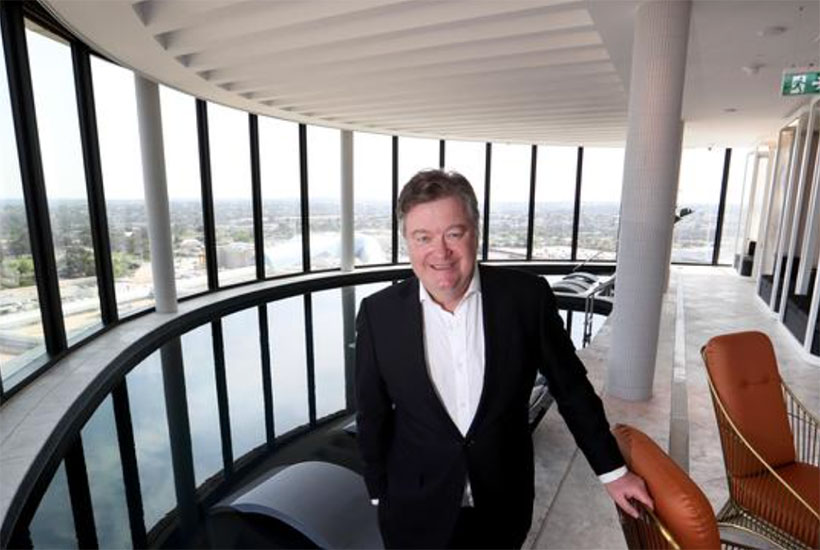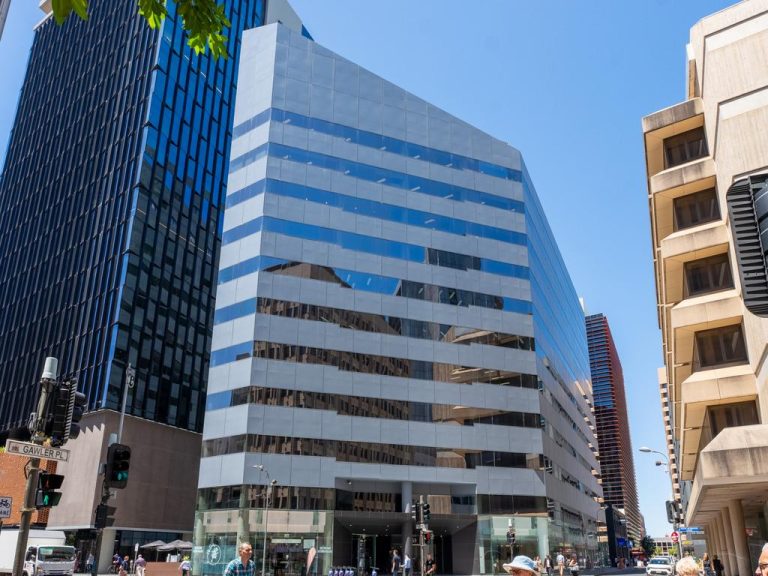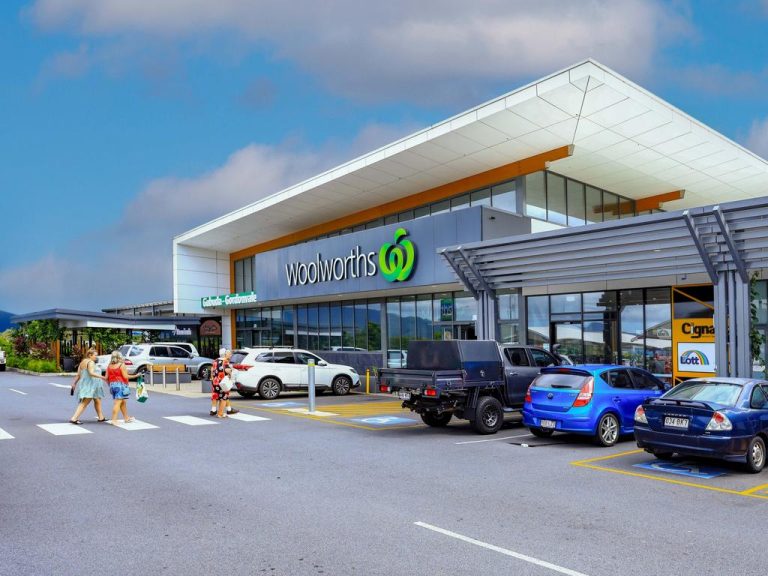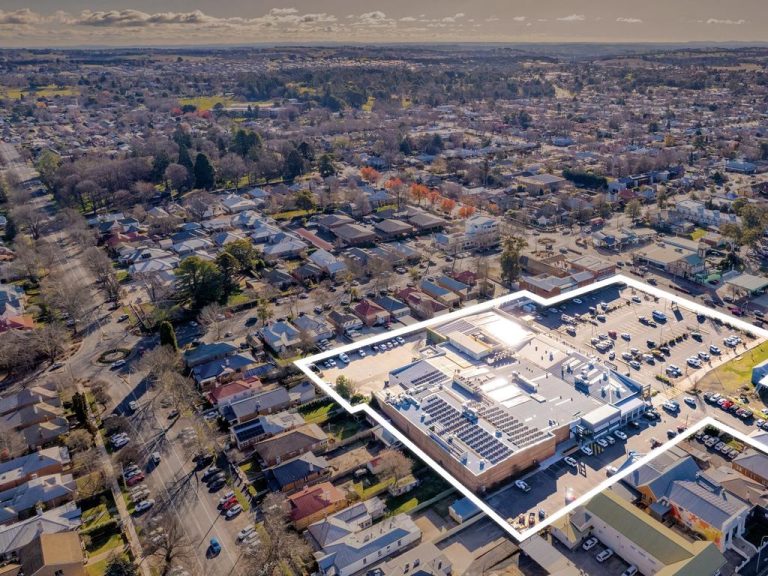Vicinity could spin off smaller mall fund: Morgan Stanley

The strong performance of smaller shopping centres across the nation’s suburbs could prompt property giant Vicinity Centres to sell its holdings or spin them off into a new trust comprising a $1.6bn portfolio, according to Morgan Stanley analysts.
There has been a run of shopping centre sales worth up to $150m, with buyers chasing complexes that spin off a steady income rather than larger malls that depend on fashion and heavy footfall for leisure activities.
Big landlords insist that these are also coming back, but smaller centres are the hottest sector of the market and buyers ranging from wealthy individuals to syndicators have been active.
Recent buyers include businessman Colin DeLutis and Gerry Harvey’s listed Harvey Norman. This stiff appetite for small centres has also prompted Vicinity to also weigh its options.
The company last year came close to selling two smaller centres to funds manager Primewest, but did not proceed with the transaction.
Rival landlord HomeCo also spun off a $900m shopping trust focused on daily needs last year, and Real Asset Management is looking to float an essential services fund.
Morgan Stanley analysts suggested that the greatest value could be in spinning off a vehicle, as Vicinity had considered ahead of the coronavirus crisis with the support of Singaporean group Keppel Capital.
The pair called off their $1bn 50-50 joint venture even ahead of the pandemic as malls were shunned by institutions. But the shift to smaller centres could prompt Vicinity to go back down this path.
Vicinity has already sold off $700m worth of smaller malls but held on to many suburban centres as they held up in the face of COVID-19.
Morgan Stanley analysts Simon Chan and Lauren Berry said conditions could now be more favourable and, if the company pulled it off, it would value it at $1.89 a share, well ahead of its $1.68 closing price.
“While we stress Vicinity has not given any intention of reviving its divestment strategy, due to the strong performance of smaller suburban malls on the back of COVID-19, we think it may be plausible to reconsider,” the pair said.
“We also note that establishing a funds/asset management business remains one of Vicinity’s core strategies.”
They said if Vicinity were to crystallise its sub-$150m malls at book value, it would leave it with generally its larger regional malls — which include a half stake in Melbourne landmark Chadstone, co-owned by billionaire John Gandel — and the stock could trade like local Westfield owner Scentre.
Morgan Stanley cautioned it may be hard to pull together a new fund or even sell off a large portfolio of small malls. It said Vicinity’s sub-$150m portfolio had a book value of $1.57bn comprised of 22 assets.
“That is a big basket of malls to potentially sell or spin off and was one of the reasons cited by CEO Grant Kelley when the original plan was dropped,” the analysts said.
This article originally appeared on theaustralian.com.au/property







